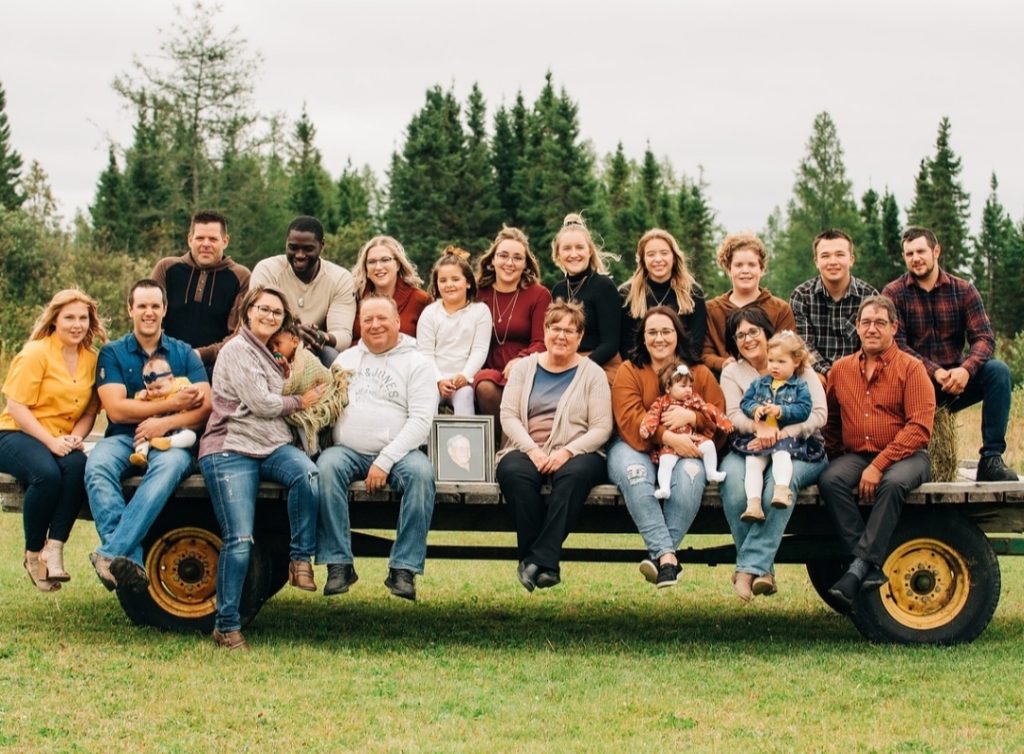Many of us have experienced trauma throughout our lives. The loss of a parent or the sudden onset of an illness grabs hold of our hearts and changes our life path. But going through this experience as a child shapes the very path that we are destined to walk on. Death seems to creep into life, taking away bits and pieces of childhood.
At first, we seem tethered to the heartbreak that surrounds us. When individuals experience life-threatening illnesses as a child, it is classified as childhood medical trauma. According to The National Child Traumatic Stress Network, three main types of traumatic stress reactions exist. The first one is called re-experiencing. This occurs when a child has “flashbacks” or nightmares about the trauma. Sights, sounds, or smells can be triggers of these re-experiences. The second stress reaction is called avoidance which happens when a child shies away from talking about their trauma. Avoidance can be apparent when a child does not long for social interaction or develops fears and worries. This stress reaction can lead to interference with everyday life. The third stress reaction is called hyper-arousal. This is a natural fight or flight response; however, it lasts well beyond the scary situation. A child may feel as if something bad will occur at any time, which can have physical manifestations such as heart racing, nausea, etc.
Fighting against these stress responses at the onset of a child’s illness can help their mental health later in life. As we have seen a rise in disease in the United States, we have also seen a rise in anxiety and depression in youth. According to Mental Health Center, adults who experience any kind of childhood trauma are more likely to suffer from anxiety, depression, Post-Traumatic Stress Disorder (PTSD), difficulty forming relationships, substance abuse, dissociation, emotional regulation issues, physical health problems, low self-esteem, and sleep disorders. Childhood medical, emotional, and physical trauma can also lessen a child’s sense of self-identity and stability.
However, there is something that can be done to combat stress responses and the negative impacts of childhood trauma. It may be hard for many children who experience trauma to get the help they need, but they do not have to gain access as a child to be healed. Several therapeutic measures are in place for adults dealing with the lasting effects of childhood trauma. Working with a psychologist or counselor who can guide you through Cognitive Behavioral Therapy (CBT), Eye Movement Desensitization and Reprocessing (EMDR), or Narrative Therapy can be groundbreaking.
CBT helps individuals identify and change negative thought patterns or emotional distress. Changing how an individual speaks to themself surrounding trauma can alter the brain pathways and make it harder for those thoughts to occur. EMDR allows individuals to recall traumatic experiences in a safe space with the help of a psychologist. With the aid of bilateral sensory input (such as side-to-side eye movements), individuals can experience the positive effects of EMDR. Finally, Narrative Therapy allows individuals to examine their life stories and reframe the things that have happened to them. Many aspects may have been influenced by childhood trauma, but looking at the experiences differently can be life-changing for survivors of childhood trauma.
It is important to recognize that different approaches work well for different individuals and that not everyone’s trauma is the same. A relationship with a mental health professional is vital to one’s experience, and individuals should rely on therapy and guidance from professionals.
Join us for It’s OKAY! Pause, Breathe, Proceed – BIPOC to hear from experts who are addressing mental health issues in adolescents as well as adults in underrepresented communities. The event streams on Monday, July 31st at 4 pm PT/ 6 pm CT/ 7 pm ET. You can register for this free event here.
The Future of Connection for Women








0 Comments